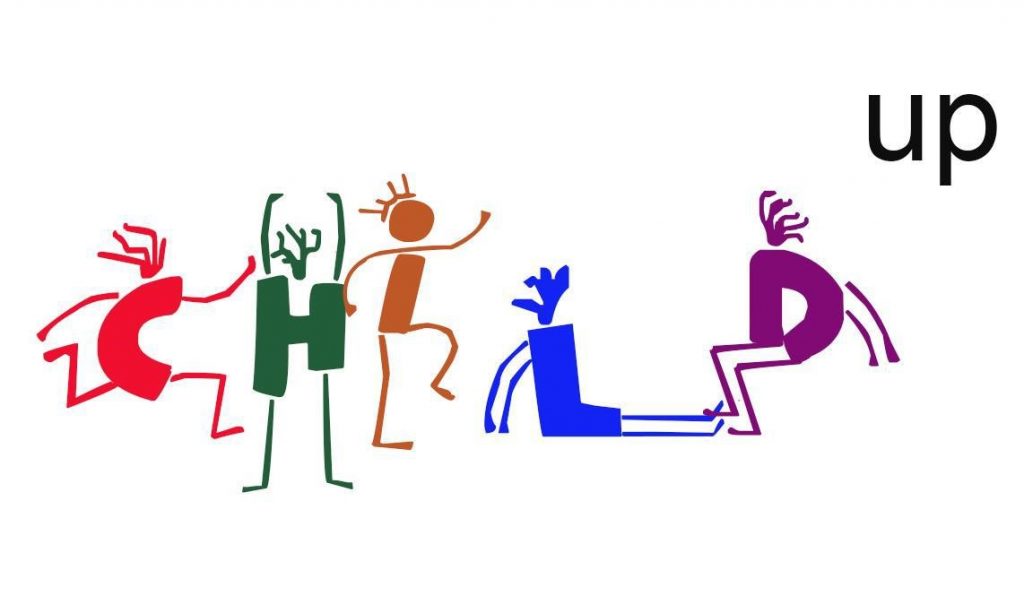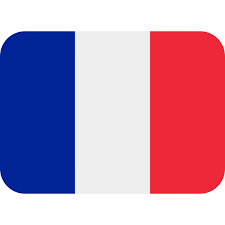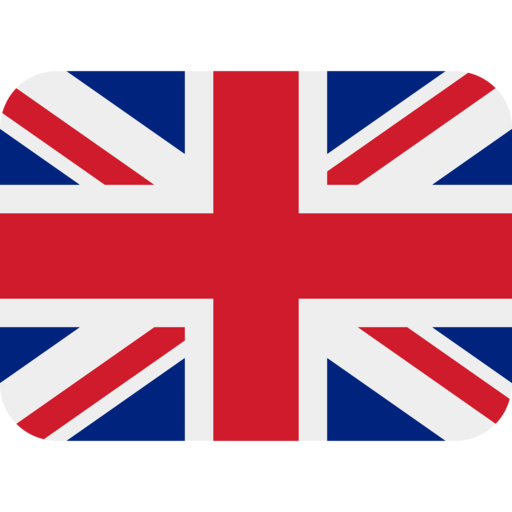


CHILD-UP (Children Hybrid Integration: Learning Dialogue as a way of Upgrading Policies of Participation) développe des recherches sur les conditions de l’intégration sociale des enfants migrants par la participation, avec l’objectif final de proposer une approche innovante pour comprendre et améliorer leur condition sociale.
En premier lieu, le projet réalise un recueil de données au niveau européen concernant les conditions de vie des enfants, leur protection, leur éducation. Dans des contextes particuliers pour sept pays spécifiques, la recherche se centre sur (1) les politiques et pratiques d’intégration dans les écoles, les centres d’accueil, les services sociaux et les communautés, (2) l’expérience des enfants et des parents, leurs perceptions et leurs attentes d’intégration, (3) les pratiques spécifiques d’apprentissage des langues, de facilitation du dialogue, d’éducation interculturelle et de médiation.
Ensuite, le projet fournit un support pour l’exercice des « childrens’ agency » pour leur action proactive dans le changement de leurs conditions d’intégration et la construction d’identités hybrides. Ceci peut être accompli grâce à la promotion d’un système de pratiques dialogique, dans les écoles et dans les relations avec les partenaires (services sociaux, centres d’accueil, agences d’éducation et de médiation).
Après plus d’un an de recherche sur le terrain, l’équipe de chercheur.se.s ont produit le premier rapport qui se concentre sur les politiques et les pratiques d’intégration, l’accès des enfants migrants aux services fondamentaux et les différences de statuts migratoires sur le plan légal. Le rapport présente également des données sur les flux migratoires des enfants en Europe et dans les régions des partenaires.
Lisez la synthèse du rapport ici !
Consortium : Universita degli Studi de Modena e Reggio Emilia (UNIMORE) Italy – Zentrum für Forschung, Weiterbildung und Beratung an der ehs Dresden gGmbH Germany – Uniwersytet JAGIELLONSKI Poland – Universite de LIEGE Berlgium – University of Northampton UK – MALMO Hogskola Sweden – SEINAJOEN AMMATTIKORKEAKOULU OY Finland International Institute of Humanitarian Law (IIHL) Italy – European School Heads Association (ESHA) The Netherlands – Fondation des Régions Européennes pour la Recherche, l’Education et la Formation (FREREF) Belgium/France

CHILD-UP (Children Hybrid Integration: Learning Dialogue as a way of Upgrading Policies of Participation) aims to develop research on migrant children’s social integration conditions by participation, with the final objective to propose an innovative approach in order to better understand and improve their social condition.
In the first place, the project launches a collection of data at the European level about the living conditions of children, their protection and their education. In the particular contexts of seven countries, research focuses on (1) policy and practices of integration in schools, reception centres, social services and communities; (2)the experiment of children and parents, their perceptions and their expectation in terms of integration; (3) their specific practices of language learning, facilitation of dialog, multicultural education and mediation.
Then the project provide support for the exercise of children’s agency to strengthen their proactive actions and the improvement of conditions of integration and identity construction. To reach this objective, the project actors are promoting the use of dialoguing practices in schools, reception centres and other partners.
After one year of field research, the team of researchers have produced the first report of the project: the research focuses on policies and practices of integration, migrant children’s access to basic services, their enrollment in school, and the differences that exist for children of different migratory statuses. This report includes data on recent migration flows of children to Europe and to the specific regions of the partners.
Read the report synthesis here !
Consortium : Universita degli Studi de Modena e Reggio Emilia (UNIMORE) Italy – Zentrum für Forschung, Weiterbildung und Beratung an der ehs Dresden gGmbH Germany – Uniwersytet JAGIELLONSKI Poland – Universite de LIEGE Berlgium – University of Northampton UK – MALMO Hogskola Sweden – SEINAJOEN AMMATTIKORKEAKOULU OY Finland International Institute of Humanitarian Law (IIHL) Italy – European School Heads Association (ESHA) The Netherlands – Fondation des Régions Européennes pour la Recherche, l’Education et la Formation (FREREF) Belgium/France
